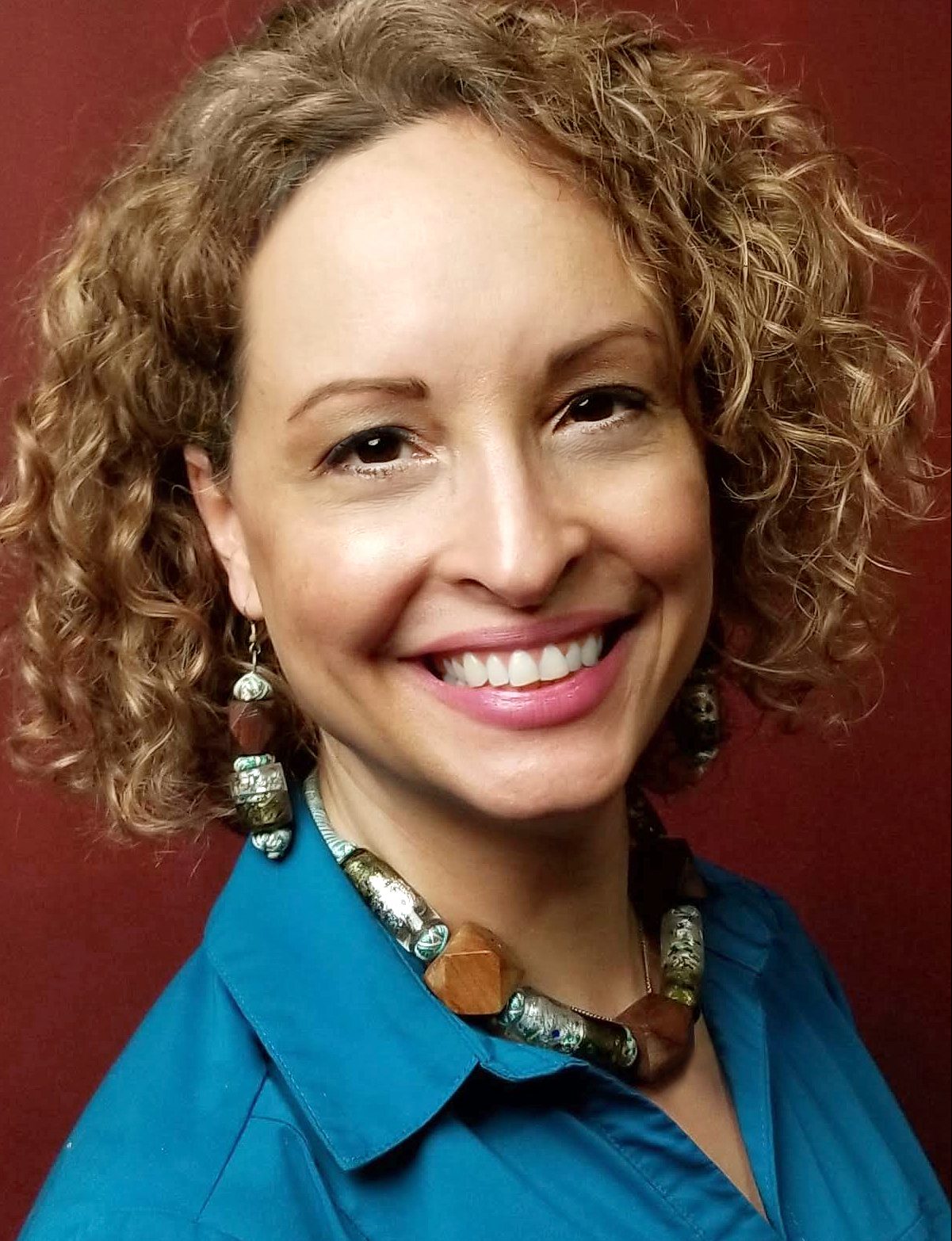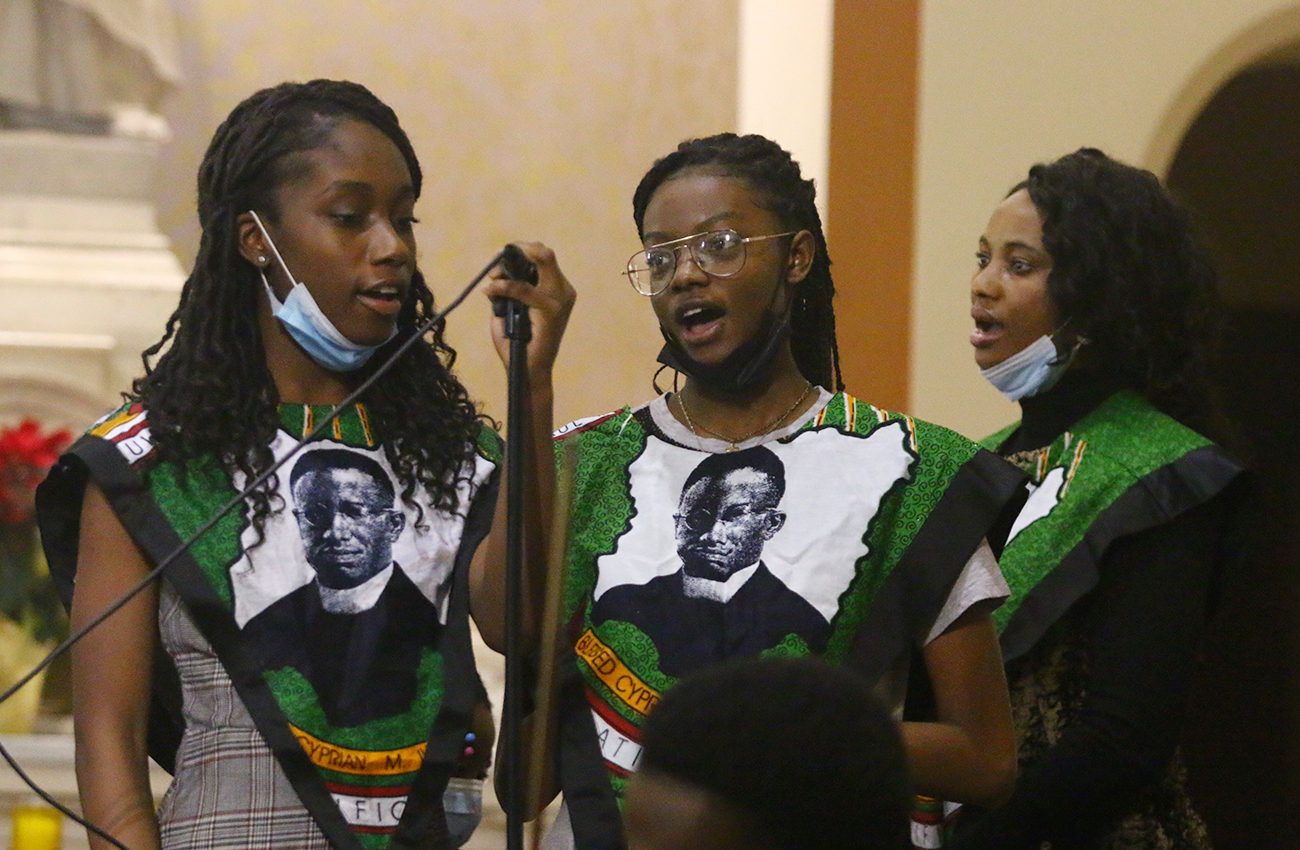After a year of planning amid the pandemic, the Philadelphia Archdiocese’s revamped youth ministry is set to shift into high gear this fall – and the entire church is invited along for the ride.
“The pandemic gave us a chance to come in and walk slowly, but now it’s time to get on your skateboard, because off we go,” said Marisally Santiago, director of the Office of Ministry with Youth (OMY).
On Sept. 1, Santiago’s office will hold its first archdiocesan-wide online gathering for pastoral youth ministry leaders. The Zoom meeting will be an opportunity to explore OMY’s current initiatives and dialogue in smaller, county-based breakout groups.
[hotblock]
Later next month, both OMY and the Office for Ministry with Young Adults (OMYA) will sponsor a Sept. 25 retreat for working in youth and young adult ministry. The all-day program, entitled “Come to the Altar,” will take place at the Miraculous Medal Shrine in Philadelphia and will include workshops, eucharistic adoration, confession and Mass celebrated by Archbishop Nelson Pérez.
The collaboration reflects the archdiocese’s recent restructuring of ministry to both youth and young adults, which saw Santiago and OMYA director Matthew Davis appointed last October. Both of their offices are overseen by Office for Faith Formation vicar Father Stephen DeLacy.
That alignment is ideal, said Santiago, since it keeps youth and young adults connected to their faith at every point in their development.
“The genius of having one umbrella office of faith formation is that it helps build bridges to ministry at every transition moment in your life,” she said.

Marisally Santiago, director of the archdiocesan Office for Ministry with Youth, said her work is “about accompanying youth on their journey” of faith.
Part of making the road more level is rethinking the very term “youth ministry,” which in the archdiocese has been replaced by “ministry with youth,” Santiago said.
Typically, parish outreaches to teens between the ages of 12 and 18 have centered on “a group that gathers once a week, at a specific time and place, and follows a special catechetical program,” said Santiago.
However, such older models often fall flat, she said.
“What happens is that they unconsciously tend to become something that everyone has to fit themselves into,” without regard for actual circumstances or very real cultural differences, said Santiago, who possesses both fluent Spanish language skills and long experience in working with diverse groups.
“What happens with those who can’t make the meetings, or who aren’t engaged with the faith in the first place?” she asked. “It’s not a program; we cannot think of it as something we do.”
Rather, ministry with youth is essentially “about accompanying a young person on their journey,” said Santiago.
To do so, a bold shift in focus is required among pastoral leaders, she said.
[hotblock2]
“How about taking teens wherever they are at and incorporating them into different ministries that already exist at parishes, especially those for adults?” Santiago asked.
Admittedly, inviting youth as parish collaborators can “take more time and more energy,” since teens “may come up with some crazy ideas,” she said.
Adults have to learn “to be OK with the mess,” so that in the end, youth “own their faith,” said Santiago. “They can say, ‘I am counted on, I am seen as valuable, I’m not just here as a spectator.’”
In fact, “teens want intergenerational relationships,” she said, citing studies as well as Pope Francis’ apostolic exhortation “Christus Vivit,” which called for deepened bonds between young and old.
Fostering those connections counters the isolation felt by many youth, said Santiago.
“Many feel overwhelmed,” she said. “They feel the pressure to excel, to do or to have something. They don’t seem to have permission just to be.”
Above all – and whether they’re inside or outside the church – “they want to be seen, known and loved,” said Santiago.
“We want to provide the youth community spaces within the life of the church,” she said. “Could you imagine if an entire parish sees itself accompanying youth?”
PREVIOUS: Young Catholic Professionals get down to business of bringing faith to workplace
NEXT: Data needed to ‘find the core’ of rising violence in Phila., says counselor




Share this story